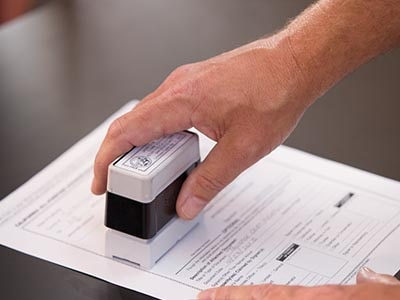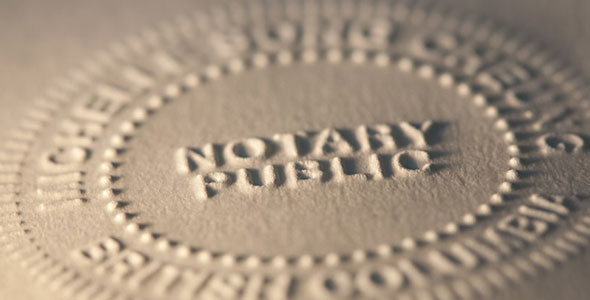Debunking Notarial Work: Streamlining the Role and Relevance of Notaries
In the detailed web of lawful paperwork and confirmation, notaries stand as pillars of assurance and authenticity. Their duty, typically shrouded in enigma for several, lugs considerable weight in guaranteeing the credibility and stability of crucial papers. As guardians of legitimacy and reality, notaries play an essential part in our culture, yet their work is not always completely comprehended. By unwinding the complexities surrounding notarial methods and shedding light on the significance of their acts, a more clear understanding emerges of the important role notaries play in maintaining the fabric of lawful and legal arrangements.
The Background of Notarial Job
Just how did notarial job progress over time to become an integral component of lawful and organization transactions? The background of notarial job go back to old worlds, where scribes played an essential duty in videotaping essential details and confirming files. As societies proceeded, the need for a more formalized system to make certain the legitimacy of arrangements arose. This resulted in the advancement of notaries, people appointed by the state to act as impartial witnesses in legal issues.
Throughout the Center Ages, notaries obtained importance in Europe, with their functions increasing to consist of preparing legal papers, certifying trademarks, and preserving documents. The increase of international trade further highlighted the significance of notarial work in validating agreements and arrangements throughout boundaries.
In the modern era, notaries remain to play an important function in legal and service deals by confirming identifications, validating the authenticity of documents, and protecting against fraud. Their role in accrediting the credibility of contracts includes a layer of safety and trust to the ever-evolving landscape of commerce and regulation.

Responsibilities and Obligations of Notaries
Notaries play an essential role in confirming the credibility of records and the identity of signatories. One of their main responsibilities is to witness the signing of vital documents, such as actions, agreements, and wills, to ensure that all parties are entering right into arrangements knowingly and willingly.
Moreover, notaries are entrusted with providing oaths and affirmations, which are vital in lawful procedures and the implementation of testimonies. They accredit duplicates of original files, offering assurance to establishments that the duplicates are real reproductions of the originals. Notaries need to preserve precise documents of all transactions they manage to guarantee transparency and responsibility. Overall, the tasks and obligations of notaries are essential in guarding the stability and validity of various records and deals.
Notarial Certificates and Signatures
Exhibiting careful interest to information, notarial certifications and trademarks function as important components in verifying the credibility of legal papers. Notarial certifications typically include essential info such as the day of notarization, the names of the signatories, a summary of the document, and the notary's main seal. These certifications provide a clear record of the notarial act, ensuring that the file can be easily recognized and mapped back to the notary that oversaw the process.
Signatures play an essential duty in notarial work, as they indicate the contract and approval of the parties involved. Notaries thoroughly witness the finalizing of papers to validate the identity of the signatories and confirm that they are signing of their own complimentary will. By attaching their main seal and signature to the document, notaries accredit that the essential procedures check my source have actually been complied with which the document is valid and enforceable.
Fundamentally, notarial certificates and signatures are the hallmark of authenticity in legal deals, giving guarantee to all events entailed that the papers are legit and binding.
Relevance of Notarial Acts

Registration Refine Clarified
The notarization process normally begins with the specific click reference presenting the file to a notary public. When the identification is verified, the notary makes certain that the specific signing the record does so voluntarily and without any kind of threat.

Conclusion
Notarial certificates generally include vital information such as the date of notarization, the names of the signatories, a description of the file, and the notary's official seal. These certificates offer a clear record of the notarial act, ensuring that the record can be easily recognized and traced back to the notary who looked after the process.
By affixing their main seal and trademark to the file, notaries license that the necessary treatments have my explanation actually been complied with and that the paper is legitimate and enforceable.
By confirming the identity of the signatures, verifying their desire to get in into the arrangement, and licensing the day and area of the finalizing, notaries play a vital duty in maintaining the validity of lawful documents.After the document is authorized, the notary will affix their main seal or stamp onto the document.